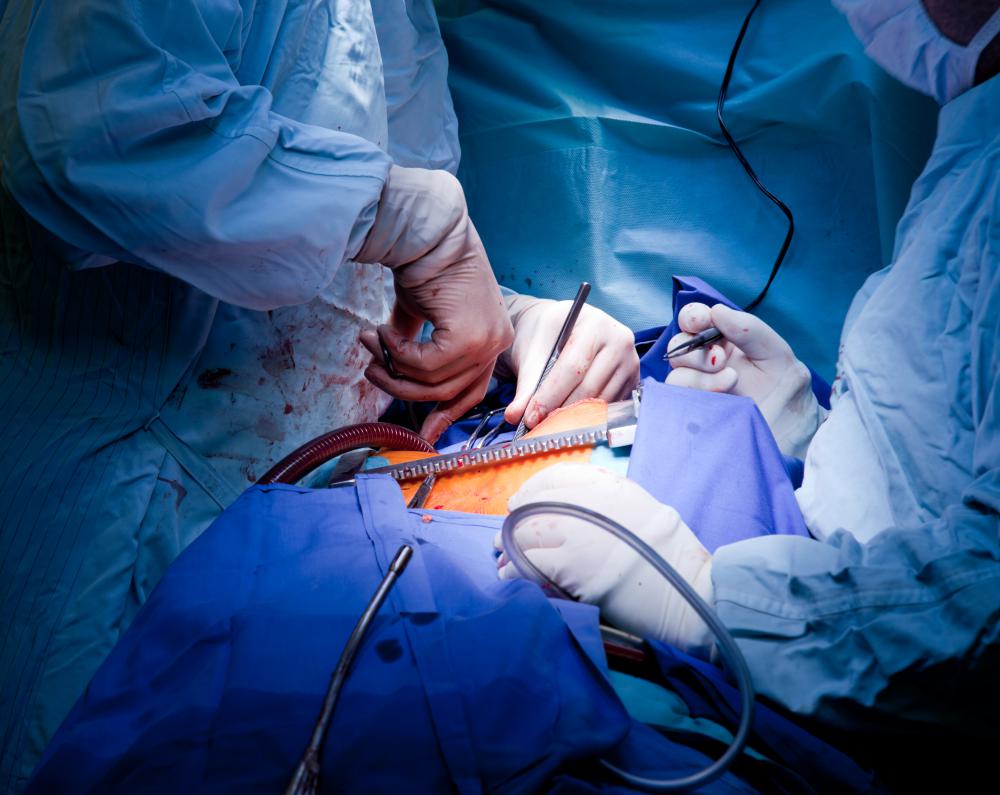At PracticalAdultInsights, we're committed to delivering accurate, trustworthy information. Our expert-authored content is rigorously fact-checked and sourced from credible authorities. Discover how we uphold the highest standards in providing you with reliable knowledge.
What Is a Cardiology Fellowship?
On the road to becoming a board-certified cardiologist, student doctors must complete several years of combined clinical and research work called a fellowship. Basic fellowships in cardiovascular medicine typically require three years to complete. Interventional cardiology fellowships and cardiac electrophysiology fellowships can add another two to three years of clinical work on top of the three basic years for a cardiology fellowship.
While cardiology training is offered by medical schools, cardiology fellowships can be found at hospitals and medical centers. Fellowships are granted based on a competitive application process. Prospective fellows must have completed a residency program in internal medicine before beginning a cardiology fellowship. Like fellows in other medical disciplines, cardiology fellows often receive stipends during their fellowship years.

Most cardiology fellowships emphasize clinical training on a rotating basis. Fellows spend time at different medical facilities participating in a variety of invasive and noninvasive cardiology procedures and testing as well as patient consultations. Fellows carry out their duties under the supervision of board-certified cardiologists.
The curriculum for a cardiology fellowship usually includes rotations in arrhythmia centers, where patients are evaluated and treated for irregular heart rhythms and problems with the electrical activity of the heart. In echocardiography labs, fellows learn about diagnosing cardiac problems with the help of echocardiograms and stress tests. In coronary care units, fellows follow the progress of patients recovering from heart attacks and other heart-damaging events.

Other cardiac fellowship rotations can include work in nuclear medicine clinics. In these clinics, fellows learn about using nuclear scans and nuclear stress tests to diagnose heart conditions. They supervise various tests and work with board-certified cardiologists to determine patient treatment plans.
Some cardiology fellowship programs provide rotations at veterans’ hospitals, where fellows develop their patient evaluation and consultation skills. These facilities also provide experience in areas such as cardiac catheterization, pacemaker implantation and occasionally heart transplant. Fellows work closely with outpatients and admitted patients.

After completing a basic cardiology fellowship, fellows can move on to specialized fellowships in interventional cardiology and cardiac electrophysiology. These fellowships are for those who want to specialize in specific treatment areas rather than develop broad medical or academic careers. Training for these specialized fellowships is more challenging and more comprehensive than the rotations of basic fellowships.

Some cardiology fellowship programs include additional learning opportunities, such as lecture series on basic cardiovascular medicine topics. Weekly research meetings might provide details on the latest research being done by a medical school’s faculty members. Fellows also might be offered opportunities to teach first-year medical students or supervise them as they do clinical rotations.
AS FEATURED ON:
AS FEATURED ON:
















Discuss this Article
Post your comments